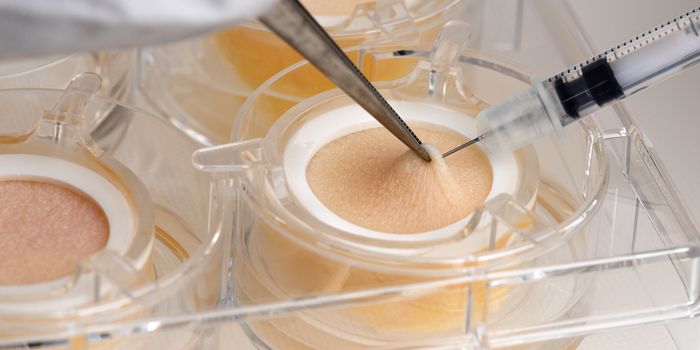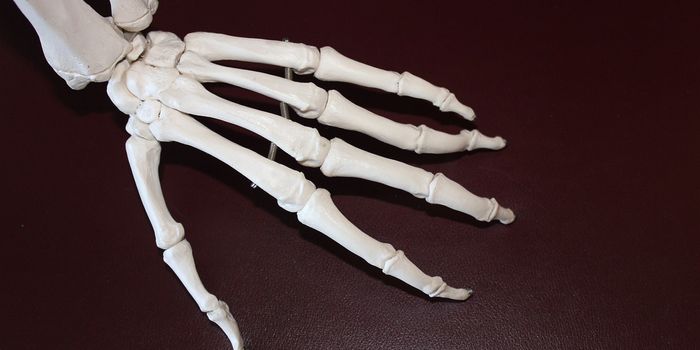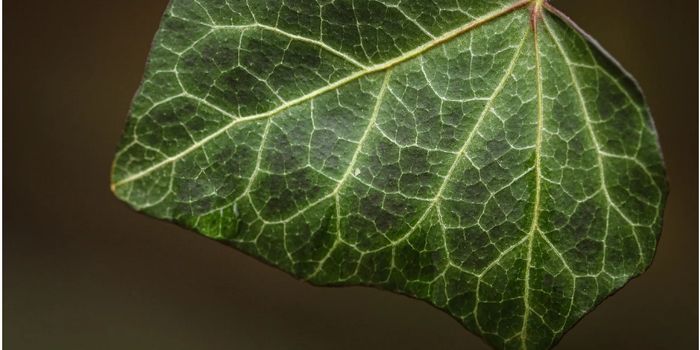Immune "Recycling" Could Improve Cancer Immunotherapy
A natural housekeeping function performed by many cells of the human body, including those in the immune system, is under intense scrutiny for its potential to create more robust immunotherapy for treating cancer.
Cells like T lymphocytes of the immune system perform autophagy on a regular basis as a “recycling” mechanism for breaking down cellular debris. These simple housekeeping cellular interactions, described in a 2019 review article published in Frontiers in Cell and Developmental Biology as a “essential degradative process,” may hold the key to improving current immunotherapy technology because of the potential to secure healthy cellular functioning by removing and replacing worn out organelles, like mitochondria.
Researchers are hopeful that utilizing autophagy could help improve efficacy of cancer immunotherapy, a technique that harnesses that natural power of the human immune system to fight cancer. Giving the immune system the tools it needs to fight cancer off on its own is often a less toxic option than chemotherapy or radiation.
In this study, researchers looked specifically at live-resident T cells and their autophagy activity. This is a specific population of T cells that live exclusively in the liver and have adapted to its unique environment. In more ways than one, liver T cells help protect the organ from chronic viral infections. With autophagy, T cells support cellular nutrition and renewal of organelles like mitochondria.
"T cells living within the liver must adapt to the stressful microenvironment, with low levels of oxygen and an abundance of inhibitory signals, to find ways of maintaining prolonged survival and functionality,” explained corresponding author Dr. Leo Swadling.
Swadling and the rest of the research team found that liver-resident T cells are particularly skilled at autophagy – functioning at an “enhanced rate.” They also found that interleukin (IL)-15 cytokines, “soluble messenger proteins,” are pulling the strings, building this skillset for the T cells. This study is the first to identify IL-15 as able to “boost” autophagy in human T cells.
The impact of this identification is clear: the potential to improve existing immunotherapy techniques (like CAR T cell therapy) by improving T cell health and survival. Researchers could implement the same T cell autophagy observed in the liver to boost strength of T cells extracted from the blood for immunotherapy by exposing them to IL-15.
Sources: University College London, Cell Reports








